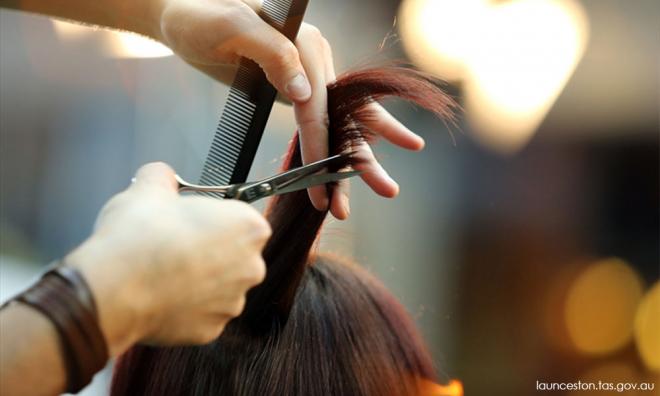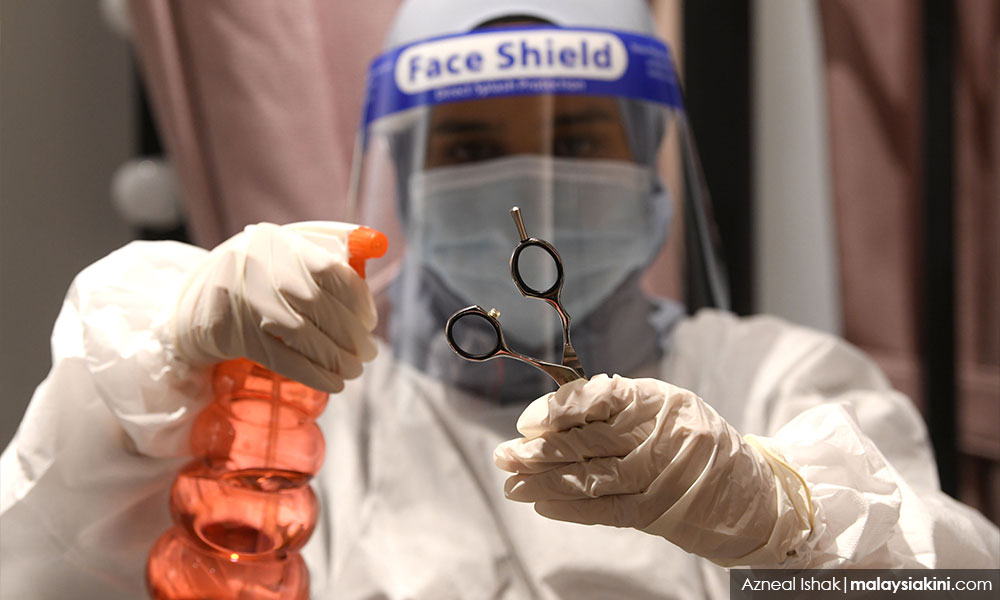
If you go the mamak stall, your cup of tea would cost RM1.20. At a kopitiam, you may end up paying RM2 while at a roastery and coffee house chain, it would be RM8. If you want your tea served in China cups with silver spoons, be prepared to part with RM18 plus taxes at a five-star hotel.
Similarly, the price of the humble roti canai can vary from RM1.20 at the mamak stall to RM45 in a five-star hotel.
You, the consumer will have to decide where you want to have your cuppa. When comparing prices of those at the stall and the hotel, could it be excessive profiteering? Could you complain about the price disparity?
You can’t and there is no law – written or otherwise – that can compel standardising prices of goods or services. Yet, over the years, the government has shown that it would not interfere in a free market where prices are determined by supply and demand.
Prices were never regulated. The exceptions have been the prices of some essential goods, including sugar, cooking oil and flour – but not haircuts! (During festive periods, about two dozen items are added to the list temporarily.)
The principle is simple – the consumer decides. If you want to drink your tea in a conducive environment where you want to be noticed by the Joneses, be prepared to pay the price. But if price is a factor, by all means pull up a stool and sit under the withering sun at the stall.
Therefore, the threat by Domestic Trade and Consumer Affairs Minister Alexander Nanta Linggi to go after barbershops which increase prices of haircuts can be described as hollow and heedless.
The price of a haircut, like the tea and roti canal, is not controlled. Hence, the haircut can cost as little as RM14 in barbershops and as much as RM80 in upmarket salons. If the barbershop operator decides to impose an additional RM5 for the protective gear which he has to use, what’s the issue?
The minister said that if the process of cutting hair involves only the use of a face mask, disposable apron, gloves and hand sanitiser, then only the cost of these items can be charged on the customer other than the original cost for a haircut.
For example, if the additional items comprise RM3 for a plastic apron, gloves (50 sen) and hand sanitiser (30 sen), the total additional cost is only RM3.80, and barbershops cannot impose additional charges, Linggi was quoted as saying.

He quoted Section 14 of the Price Control Act, which states: Any person who, in the course of trade or business, profiteers in selling or offering to sell or supplying or offering to supply any goods or services, commits an offence.
The operative word is “profiteer”. Which business or trade does not make a profit in its dealings? To say that the minister's argument is utter bunkum would be an understatement.
Using his same logic, can he decree the size of the profits which can be made by businesses? Are manufacturers of carbonated drinks making excessive profits by retailing their cans at RM2.50 because the key ingredients are just syrup, water, sugar and carbon dioxide which gives the fizz? Would he or the ministry break down the cost of each item and come up with a “reasonable price”?
Linggi also said the ministry’s enforcement personnel will carry out inspections at barbershops, hair salons and others to ensure no operators take advantage of the situation and burden consumers.
Really? For what? What a waste of human resources! The officers will be better off doing their inspections elsewhere, which would enhance consumer protection.
These outlets are not committing any offence as long as they display the scale of their charges in a prominent place of their business. If they display a sign saying “Haircuts for RM100”, the ministry can’t do a darn thing.
And more importantly, the ministry cannot dictate the pricing. Again, it is determined by market forces. If the consumer feels it is expensive, he will go and find a cheaper place.
Yes, everyone is trying to do something for the people during these difficult times – but shouldn’t proper thought have gone into such pronouncements before they are made?
R NADESWARAN says the consumer has to make the final decision because he or she is paying for the service. Comments: citizen.nades22@gmail.com - Mkini



No comments:
Post a Comment
Note: Only a member of this blog may post a comment.